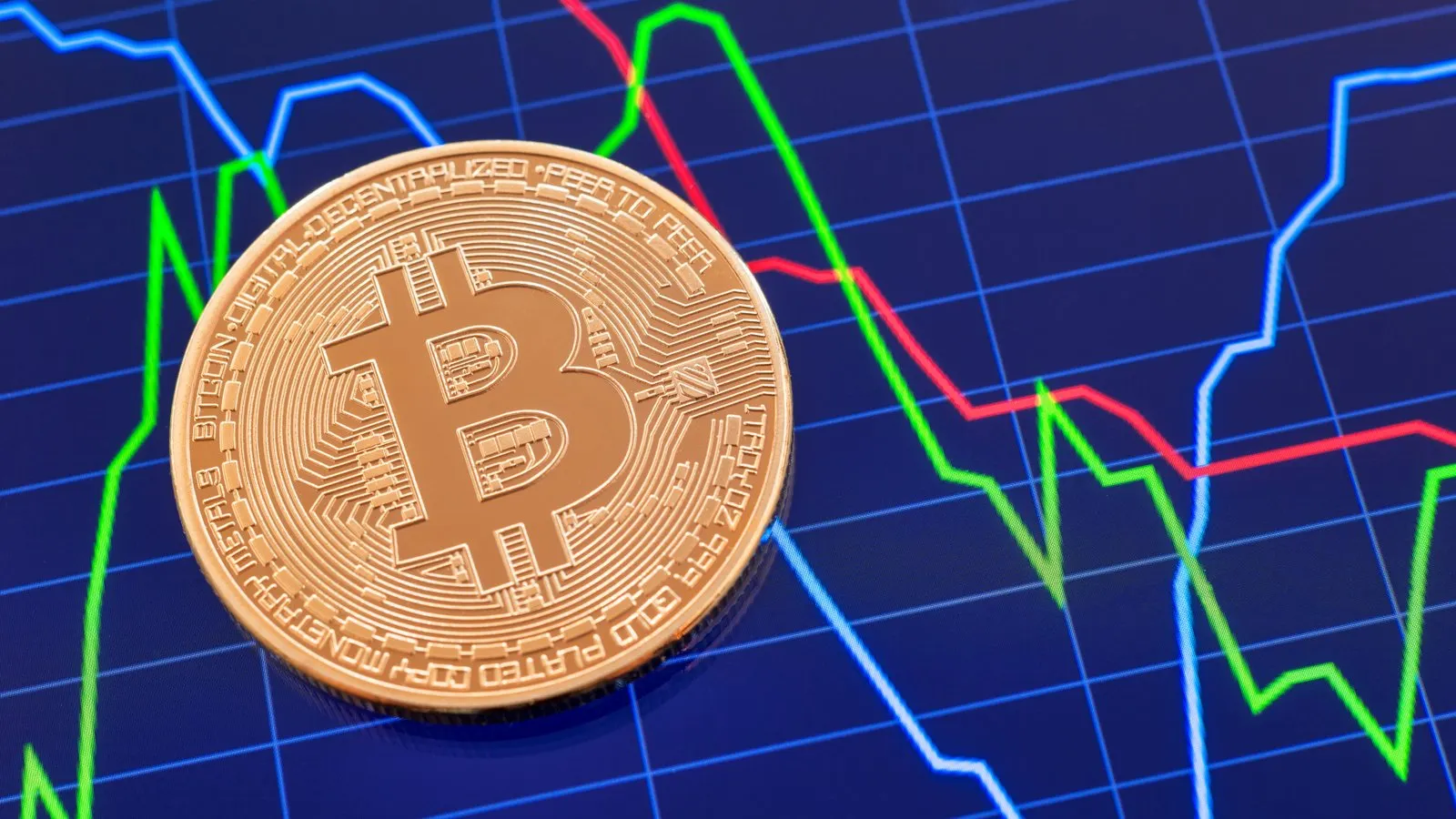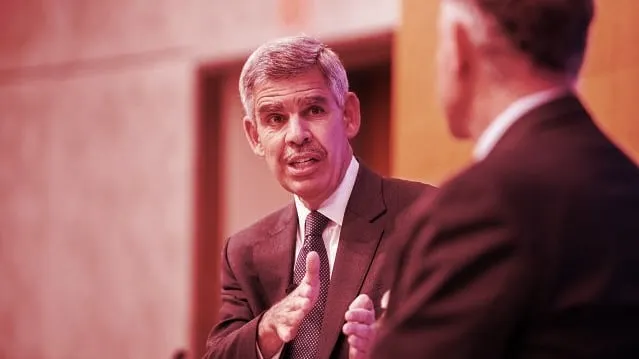In brief
- Should central banks be concerned about Bitcoin? Allianz chief economic adviser Mohamed El-Erian says yes, based on three types of people flocking to Bitcoin right now.
- El-Erian predicts we will see central banks "look increasingly at cryptocurrencies as something they should be involved in, and not just stand on the sidelines."
Mohamed El-Erian, chief economic adviser at Allianz and former CEO of Pimco, says the current Bitcoin bull run "captures three things"—in his framing, three types of investors—that central banks should be concerned about right now.
El-Erian, who is also the president of Queens' College, Cambridge, and a board member of Under Armour, made the comments in response to a question on Wednesday at a seminar for business journalists held by the University of Pennsylvania's Wharton School, where he is a part-time professor.
The first group of Bitcoin investors right now are those "who truly believe Bitcoins will become money," El-Erian said, "a currency as opposed to a commodity. If you're a central bank and you have a monopoly over money, that's not very reassuring at all."
The second party are those "who are adopting Bitcoin for negative reasons," El-Erian said. "They're being pushed out of everything else and pushed into Bitcoin. It's like being pushed into a marriage. Why are they doing that? Because they don't know how else to mitigate risk. Do you really want to invest in a government bond whose price has been artificially jacked up? So 'let's diversify, let's put 2% into Bitcoins.' You're doing it for negative reasons, to protect yourself; the first camp are doing it for positive reasons."

The third camp? Speculators, plain and simple. "Where else," El-Erian asked, "do you get 20% returns or losses in a single day?"
All three groups, El-Erian said, "should be concerning to central banks. When it's trading above $50,000, all three messages are problematic for central banks. So, we are going to see central banks look increasingly at cryptocurrencies as something they should be involved in, and not just stand on the sidelines."
Last month, El-Erian revealed in an interview with the Centre for the Study of Financial Innovation that he bought bitcoin at $5,000 and then dumped it at $19,000, not anticipating it would go so much higher. ("I thought I was the smartest person," he said.)
Bitcoin came up again in a separate session at the same Wharton event on Wednesday.
Am considering taking Tesla private at $420. Funding secured.
— Elon Musk (@elonmusk) August 7, 2018
In a lecture on insider trading, Wharton accounting professor Daniel Taylor fielded a question about Tesla CEO Elon Musk's cryptocurrency tweets, and whether Musk might bear any legal liability for his recent frequent tweets pumping Bitcoin and Dogecoin. (In 2018, Musk's tweet about taking Tesla private at $420 per share got him in legal trouble with the SEC.)
"Well, his life would have been easier if he had not invested in Bitcoin," Taylor said. "Now that he has made this massive investment, you could certainly make a more compelling case that he actually has a financial incentive to pump Bitcoin."
Tesla's $1.5 billion Bitcoin buy in January brought the company, in one month, more profit than its entire 2020 profit from car sales. But when the price of Bitcoin fell this week, Tesla stock fell along with it. Research firm Wedbush says Tesla stock is now "heavily tied" to Bitcoin, "for both good and bad."

